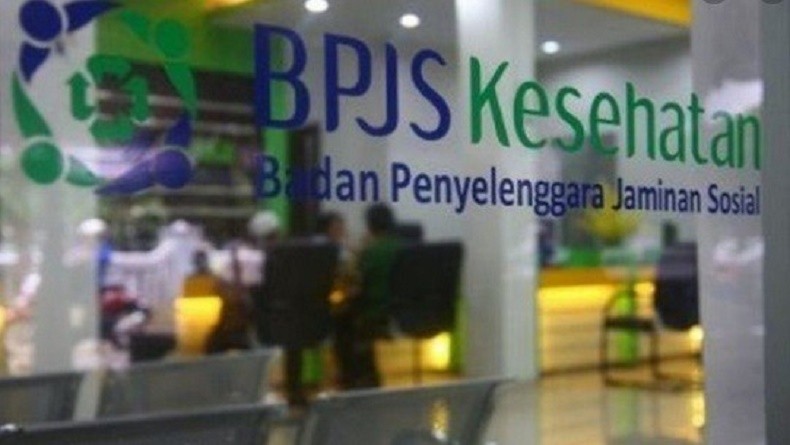
IDXChannel – Recently, the government through the Ministry of Health (Kemenkes) plans to delete treatment classes in the system BPJS health and changed to standard inpatient class (Kris).
However, some observers said that standardization of rooms would have consequences for both the participants and the hospital's financial management.
So far, hospitals have relied on the INA-CBGs system, which is a method of payment made by BPJS Health to hospitals with a package system that is paid per episode of health services, meaning a series of patient care until it is finished. The problem is, the INA CBGs tariff has not increased since 2016.
Meanwhile, the contribution rate has just been increased where the government has officially increased BPJS Health contributions since July 1 2020. Class I contributions are set at IDR 150 thousand per month. Whereas for class II it is set at IDR 100 thousand per month.
Class III fees are set at IDR 42 per month. However, the community still pays Rp. 25.500 per month, due to a government subsidy of Rp. 16.500 per month.
Potential Loss of Upper Middle Class Health BPJS Participants
Darmawan Prasetya, social policy researcher from the Association Prakarsa explained, the determination of KRIS would potentially cause loss of membership, especially among the upper middle class.
"The problem is that if standardization also drops, there is a possibility that the upper middle class who deliberately take class 1 contributions will not continue their BPJS program because they think BPJS benefits are flat," said Darmawan when contacted by the IDX Channel team, Friday (3/3).
According to Darmawan, it will be difficult for the upper middle class to survive with the standardized BPJS KRIS system.
"They want to join BPJS because they want to get more benefits, they don't have to queue long and get better rooms than class 2 or 3. There must be an additional system for the upper middle class so they want to survive using BPJS," added Darmawan.
On the other hand, BPJS Health noted that the net assets of social security funds (DJS) had a surplus of IDR 56,51 trillion at the end of 2022. This value is equivalent to 5,98 months of estimated future claim payments.
Previously, based on the DJS health report, BPJS experienced a deficit from 2017 to 2019. The deficit in 2019 was recorded at IDR 17,4 trillion. In the following year, in 2020 BPJS recorded a surplus of IDR 45,36 trillion and in 2021 a surplus of IDR 44,45 trillion.
On the other hand, the Main Director of BPJS Kesehatan, Ali Ghufron Mukti, said in mid-2022 there were three reasons why BPJS Kesehatan was not in a state of deficit again after 2019.
First, BPJS Kesehatan has taken steps to strengthen its cost and quality control system, including fraud detection. Second, there are tariff adjustments that have been made previously. Third, the Covid-19 condition has caused utilization to drop, so people don't come to the hospital if they don't really need it.
In contrast, according to Darmawan, today's BPJS Health problems are no longer at the premium rate. According to him, the BPJS budget has so far been able to have a surplus due to the specially regulated Covid-19 budget allocation assistance. The impact can ease the BPJS financial burden but only temporarily.
The absence of an increase in INA CBGs since 2016 is also a problem. In fact, health and medical devices have also been affected by inflation. For this reason, he suggested that the health budget should be increased by the Ministry of Finance (Kemenkeu).
"Until now the INACBGs budget has not increased from the Ministry of Finance's budget. Health financing must increase if the BPJS system is to survive, the projection is that until 2027 it will not increase to 5%, even though the WHO universal health coverage (UHC) standard, the health budget must be at least 5% of GDP," he added
According to Darmawan, the BPJS deficit is not necessarily a mismanagement. The reason is because the Health BPJS system is not allowed to make a profit.
"You can't make a profit anymore, the budget has never been increased," he concluded. (ADF)
Sumber: idxchannel.com


